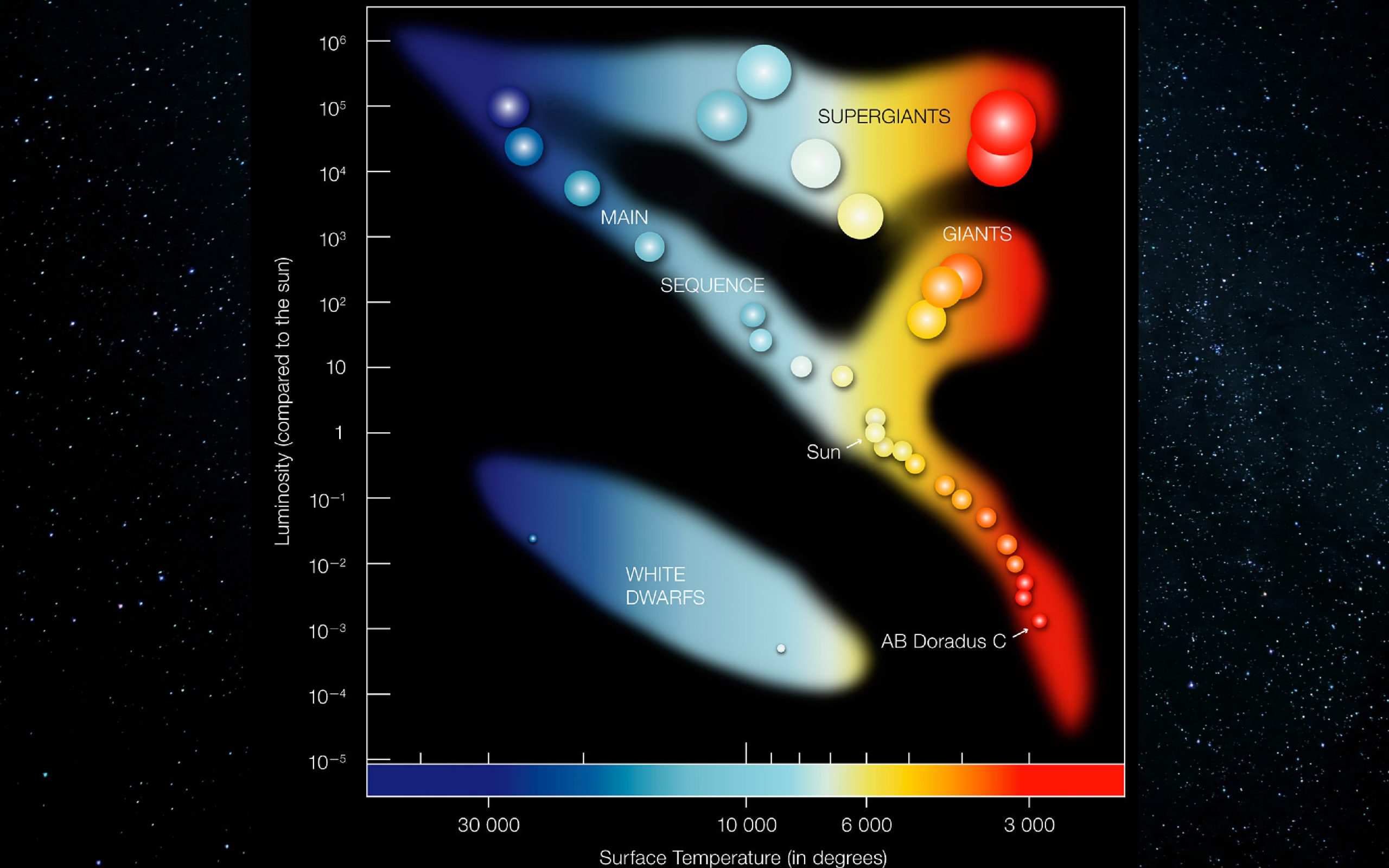
A map of the stars
From notebook sketches to space-telescope data: explore how mapping starlight using the Herzsprung-Russell (H-R) diagram helps us trace the life stories of stars across the universe.

Article of the week
Data has become a powerful tool in our lives, helping us understand the world beyond biases and misinformation. But without engaging communication, this wealth of information and its analysis often goes untapped. Enter data physicalization – the ultimate approach that transforms data into…
Read more
From notebook sketches to space-telescope data: explore how mapping starlight using the Herzsprung-Russell (H-R) diagram helps us trace the life stories of stars across the universe.
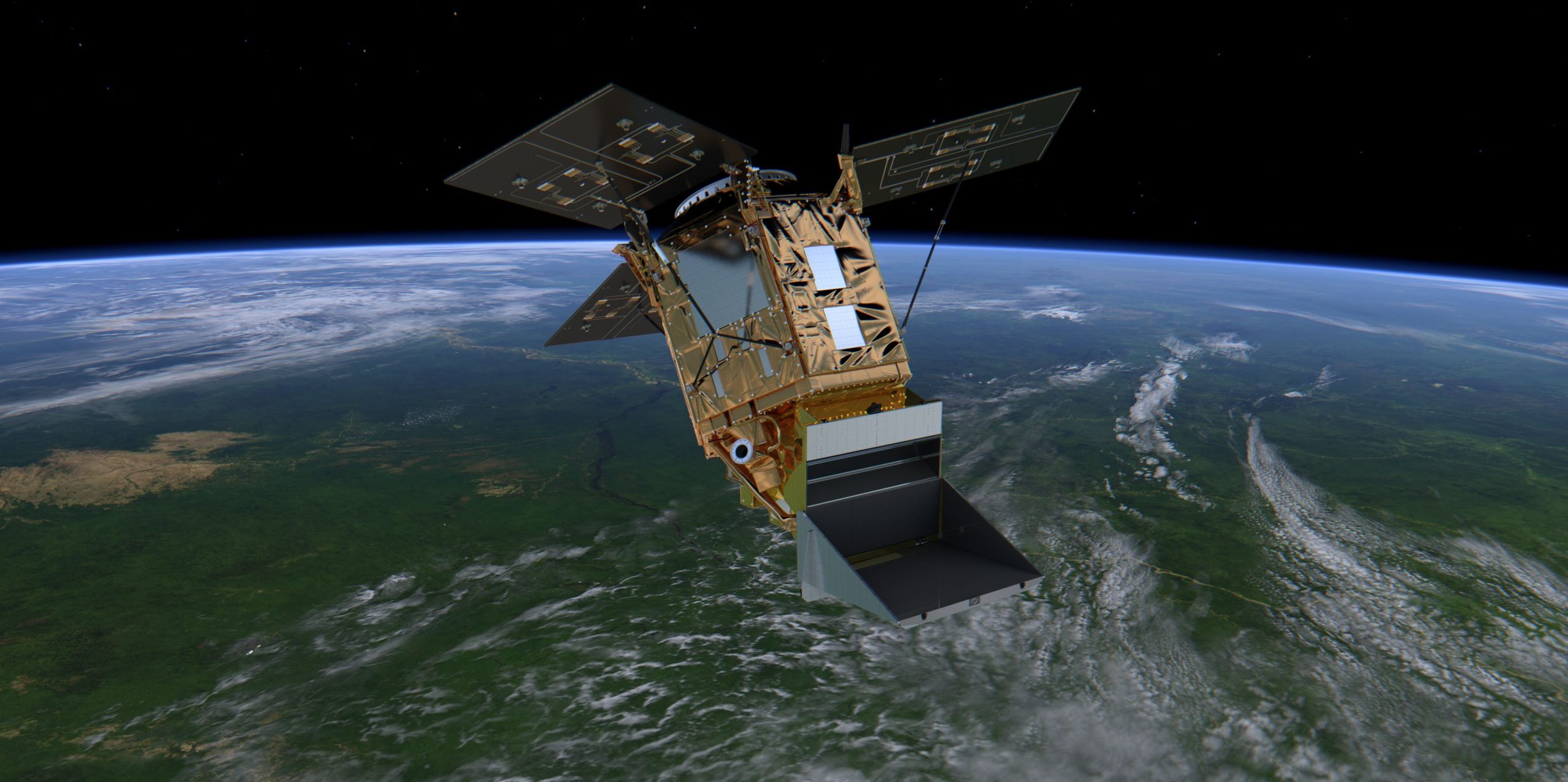
What can the colours on a satellite map actually tell us about the air we breathe? Join us as we explore how the Copernicus Sentinel satellites detect gases such as nitrogen dioxide, and how chemistry helps us understand what’s happening in the atmosphere above us.
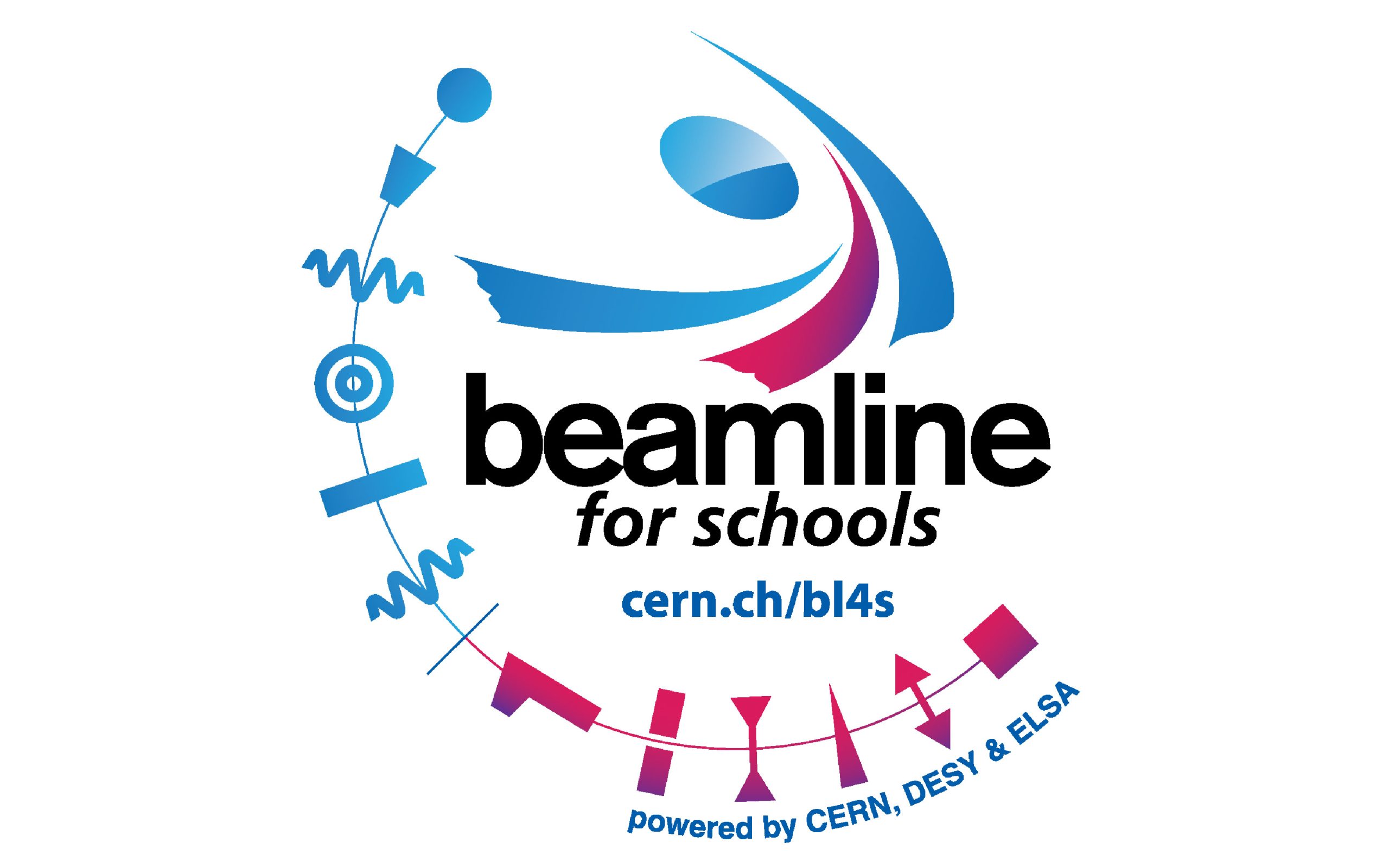
Students worldwide can win a life-changing opportunity to work at a real particle accelerator such as CERN, DESY or ELSA.
We cover a wide range of scientific topics and many articles are additionally available as translations in different European languages.

Explore cutting-edge science and real-world applications.

Discover projects, people, and resources.

Find ideas and teaching materials for classroom activities.
Articles from previous issues
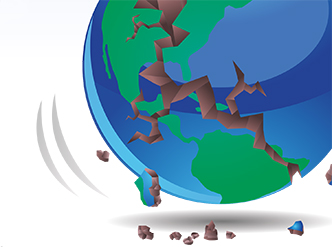
Did you know that you can use old hi-fi speakers to detect earthquakes? And also carry out some simple earthquake experiments in the classroom?…

Luis Peralta, professor at the University of Lisbon’s physics department, and Carmen Oliveira, physics and chemistry teacher at Casquilhos High…
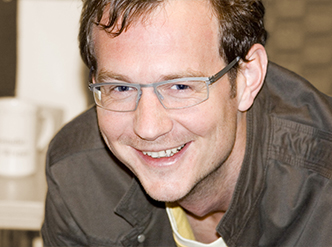
What do astronomy and film have in common? Both can involve Jochen Liske, astronomer and actor. Karin Ranero Celius takes us on a trip to the Paranal…
Discover free events and activities offered by the EIROforum members and other non-profit groups.

July 8th- 10th, St Pauls School, London I hope you have enjoyed the microscale chemistry articles that Adrian Allan and I presented in issues, 53, 54,57, 60, 65, and 69. If you are teaching chemistry do have a look at them. Other authors have also submitted ideas in issues 16 and 39. It is a…
Do you have an engaging classroom activity to share with other teachers? Is there an interesting scientific topic that you could explain to STEM teachers and their students? We welcome submissions from teachers and scientists.
Would you like to help ensure that our content is interesting, inspiring and useful to STEM teachers? Consider joining the Science in School teacher reviewer panel. There is no obligation; just send us an email to express your interest.
If you find an article interesting or useful, perhaps you'd consider translating it into your native language? This really helps to increase the reach of our content so that as many teachers as possible can benefit from it.